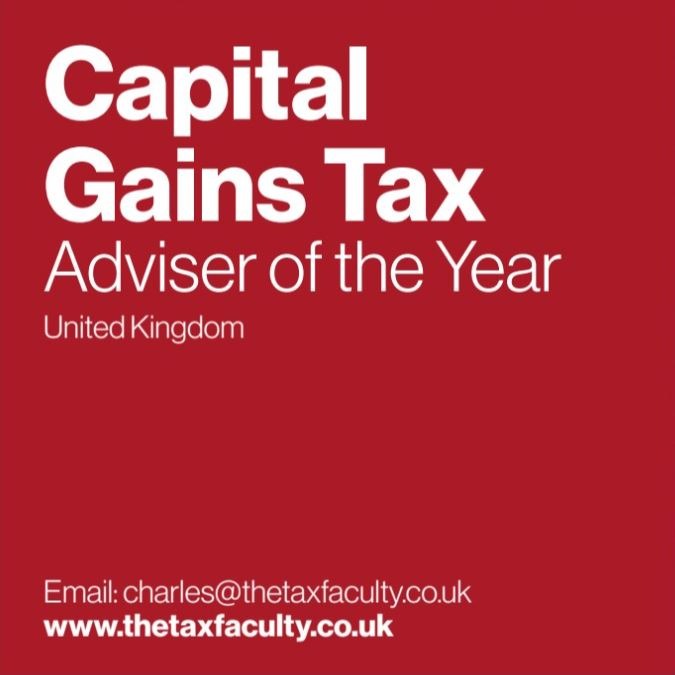£475K Stamp Duty Shock: Why This £6.6M Property Owner Lost Big at Tribunal — And How You Can Avoid the Same Mistake
A £6.6 million property purchase. A £475,000 stamp duty refund claim. A tribunal loss that shocked even the experts. What went wrong? In this blog, The Tax Faculty breaks down the tribunal decision that cost a London pharmacist nearly half a million pounds — and what this means for anyone investing in UK property. If you think planning restrictions or construction status change your SDLT liability, read this first.
HMRCTAX COMPLIANCETAX INVESTIGATIONSTAMP DUTY LAND TAXRESIDENTIAL V NON RESIDENTIAL
The Tax Faculty
4/14/20253 min read


How a £6.6M London Property Turned Into a Stamp Duty Nightmare
When a pharmacist dropped over £6.6 million on a high-end South Kensington property, he wasn’t expecting HMRC to come knocking for another £475,961. But that’s exactly what happened — and the First Tier Tribunal backed HMRC’s stance.
The case of Bemal Patel v HMRC has become a landmark reminder of just how nuanced — and unforgiving — the rules around Stamp Duty Land Tax (SDLT) can be, especially when dealing with properties under construction or subject to planning restrictions.
At The Tax Faculty, we specialise in helping clients navigate these grey areas of tax law. And Patel’s case is a perfect example of how things can go wrong, even when your advisors think they’ve found a legitimate loophole.
What Actually Happened?
Patel bought two partially developed residential properties in South Kensington with the intention of converting them into a luxury five-bedroom home. The properties had planning restrictions that prevented occupation until another nearby development was completed. Because of these restrictions — and the fact the property was still under construction — Patel’s team argued it should be classed as non-residential at the time of purchase.
They claimed:
Multiple Dwellings Relief (MDR)
That the property was non-residential due to planning and occupation restrictions
HMRC disagreed — and after a lengthy enquiry and an Alternative Dispute Resolution (ADR) process, the case went to tribunal.
The Tribunal’s Take: Why the Appeal Was Dismissed
The tribunal judge concluded that:
“The planning condition does not affect the suitability of the finished building for use as a dwelling; it affects the ability of Mr Patel to occupy it.”
In other words: just because you can’t immediately live in a house, doesn’t mean it’s not a house.
Even with occupation restrictions in place, the core characteristics of the property were residential. The planning condition wasn’t permanent and didn’t change the intended use of the building.
The appeal was dismissed, and both sides ultimately agreed that Multiple Dwellings Relief should not have been claimed.
Key SDLT Lessons for Property Buyers & Advisors
1. Residential Use = Residential Rates
No matter how complicated the planning conditions are, if a property is designed for residential use, expect to pay residential SDLT rates — not non-residential or mixed-use.
2. Occupation Restrictions ≠ Non-Residential
Even if you’re barred from living in the property immediately, that restriction alone does not make the property non-residential. The tribunal made it clear: future potential use is what counts.
3. MDR Isn’t a Tax Loophole
HMRC is cracking down hard on misapplied MDR claims. Unless you're genuinely buying multiple self-contained dwellings, don’t expect MDR to stick — even if clever structuring seems to suggest otherwise
How The Tax Faculty Can Help You Avoid a Six-Figure Tax Headache
Whether you’re buying to develop, restructure, or invest in UK property, understanding SDLT classifications is essential. The difference between residential and non-residential rates can mean hundreds of thousands of pounds — and HMRC is not afraid to litigate.
At The Tax Faculty, our SDLT experts specialise in:
Accurate transaction classification
Risk assessment before completion
Defending claims and appeals
Navigating complex reliefs like MDR
If you're considering a property purchase — or already have — and need clarity on your SDLT position, speak to our team.
Capital Gains Tax Expertise: The Tax Faculty LLP Managing Partner Charles Tateson Named UK Capital Gains Tax Advisor of the Year 2023
The Finance Monthly Taxation Awards recognises the achievements of tax professionals from around the globe.
Winning such an award is no small feat. It is a reflection of hard work, extensive knowledge, and an ability to navigate the intricacies of the UK tax system.
Read more about Charles and the award here.



Contact Us
Contact us today on freephone 0800 0016 878 for a free consultation on all tax issues, or fill out the handy form below and we'll get back to you as soon as possible.
Alternatively, you can email us at info@thetaxfaculty.co.uk or complete the form below.
(Please note, non-UK callers may need to call 0207 101 3845 if your line cannot connect to our 0800 number)
Feel free to contact us through WhatsApp - we accept calls and messages.
Simply click the WhatsApp button below:
The Tax Faculty LLP - info@thetaxfaculty.co.uk
Call us on 0800 0016 878 for a free consultation
Copyright © 2024 The Tax Faculty LLP - All Rights Reserved


